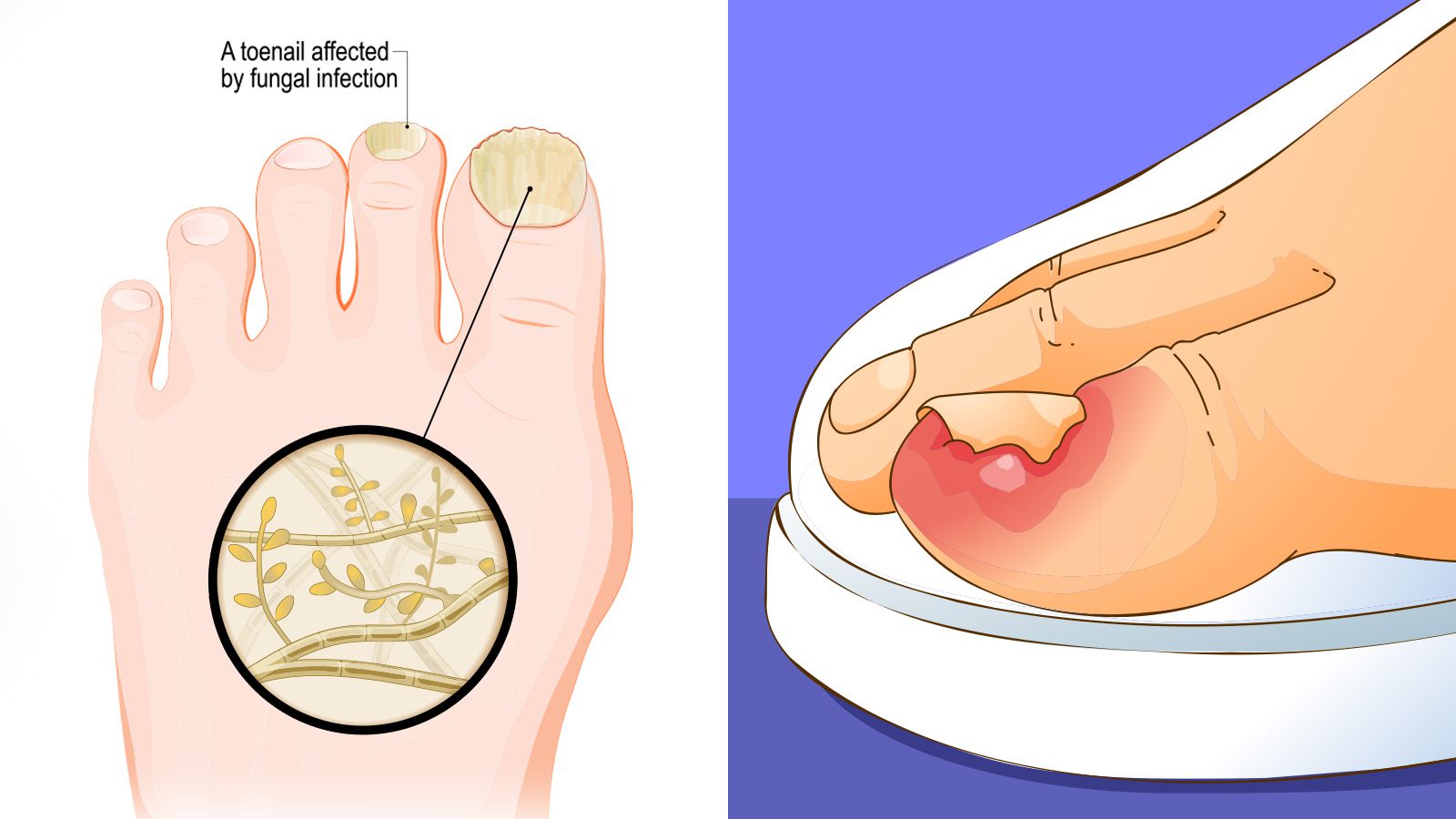Anxiety and anxiety disorders are increasingly prevalent around the world. Those who experience anxiety deal with a lot of emotional pressure and mental distress, and it can be difficult for those around them to empathize or understand what they’re going through.
If someone you’re in contact with experiences anxiety, you probably want to be able to comfort them. Sadly, well-intentioned statements can have the opposite effect, so you have to be careful with how you choose to soothe anxious individuals. Here are 20 things to avoid saying to someone who suffers from anxiety.
Never Say These 20 Phrases to Someone with Anxiety
1. “Stop Being Stressed Out.”
This fact shouldn’t come as a surprise, but stress is very different from anxiety. In reality, anxiety is a mental illness – no amount of positive thinking will help during an attack.
Here are a few things you can do instead:
- Don’t tell them to forget their stress.
- Validate their experiences and emotions
- Offer support and care.
- Listen and empathize with their situation.
- Remember that anxiety and stress are not the same thing
2. “You’re Overanalyzing”
It’s common for people with anxiety to find themselves overanalyzing a situation or an event. In truth, it’s likely that the sufferer already knows they’re overthinking a situation.
Instead, bear these things in mind when interacting with a loved one who has anxiety:
- Don’t paint their experience as an overreaction
- Avoid implying that their issue can resolve itself instantly somehow
- Avoid invalidating their experiences and their anxiety
3. “You’re Making Your Own Problems.”
From the outside, it may seem like this is simply a truthful observation. In reality, however, this statement can be incredibly hurtful and invalidating. Instead, try the following:
- Schedule time together to do activities together
- Don’t invalidate their feelings
- Do your best to be a supportive person
- Offer a hug or comforting words
- Offer help where you can
4. “You Just Need A Drink.”
A drink only sounds good on paper when you’re anxious. In actuality, turning to alcohol confers no positive benefits – even if you think it’s helping, it can turn into a dependency problem in the long run. Instead, try the following advice:
- Encourage your loved one to seek therapy and counseling
- Offer them a listening ear that’s free of judgment
- Learn how they would like to be supported and cared for
5. “Just Breathe.”
This advice isn’t necessarily a bad idea in and of itself, especially if you know that the person already uses breathing techniques to control their anxiety routinely. The problem arises when this suggestion is brought up at the wrong time or presented in a way that isn’t truly helpful.
Here are a few key things to keep in mind when you’re trying to help someone through an anxiety attack:
- Breathing exercises work best when they’ve been practiced beforehand, during calmer times.
- Shifting one’s breathing pattern can be incredibly tricky, especially when your mind is already struggling to stay grounded.
- Modeling deep breathing for your loved one is always much more useful than a simple reminder.
- Talk to your loved one in advance, so that you better understand how to help them.
6. “Move On Already”
Positive thinking isn’t always the solution – especially when there’s a mental illness that’s involved. Instead, consider keeping these points in mind when trying to help your loved one with anxiety:
- Ensure that you’re offering kindness and support
- Be willing to admit that you won’t always have the answer
- Be available for your loved one as much as possible
- Offer tangible help, such as assisting them in seeking a professional, or with their daily chores
7. “People Have It Worse Than You”
Bringing in new perspectives into a situation is, under ordinary circumstances, a solid idea. Trying to induce new perspectives with this statement, however, isn’t the way to go. Instead, it causes the following things:
- It creates an unhealthy comparison with one’s experiences.
- It disregards the actual person’s problems.
- It makes the person more self-conscious about their issues.
- It erases the sufferer’s experience.
8. “Why Are You Anxious Now?”
Occasionally, a sufferer can identify the cause and trigger of their anxiety at that very exact moment.
Most of the time, however, panic and anxiety attacks often show up for no rhyme or reason – which means trying to find out the source only serves to add more distress during an attack. Instead, here are some things you should do instead:
- Listen and be there for your loved one during an attack
- Remind yourself that you don’t need to speak or say anything
- Avoid trying to reason out and rationalize the cause of your loved one’s anxiety attack
- Avoid offering advice in the middle of an attack
9. “I Don’t Get Why You’re Anxious.”
Only by not being them, it may be impossible ever to understand why your loved one feels the way they do. Instead, try doing the following:
- Offer validation and hopeful comments
- Sit with them and listen to them
- Offer respect and sympathy, even if you are unable to empathize
10. “Have You Tried (Remedy)?”
While lifestyle choices and specific homeopathy treatments may soothe or relieve some people of their anxiety, this isn’t necessarily a cure-all. Here are a few things to keep in mind when you’re trying to offer suggestions:
- Remember that most anxiety sufferers are already intimately familiar with what is and aren’t helpful for them
- Ask your loved ones during calm and quiet moments about their techniques and methods
- Learn to ask them about what they need first
11. “There’s Nothing To Worry About”
Just about every anxiety sufferer knows their worries are irrational and blown out of proportion. Here are a few ways you can do to help your loved ones out :
- Remember that different people have different limits when it comes to handling issues and circumstances
- Understand that saying such a statement invalidates your loved one’s feelings, and can be hurtful
- Be a positive source of support
12. “I Know How You Feel”
Medical anxiety is incredibly different from ordinary anxious feelings – and that is an incredibly important distinction that must be kept in mind. Instead, keep these things in mind when you’re trying to be a supportive friend or partner:
- Anxiety often ends up crippling the sufferer, to the debilitating degree
- Trying to share your experiences with anxiety during your loved one’s panic attack will often make things worse
- Don’t try to make it into a competition by comparing your experiences with anxiety with your loved one’s experiences
13. “It’s Not A Big Deal”
This advice could be a well-intentioned attempt at offering your loved one a reality check, but in reality, it comes across as hurtful and uncaring. Instead, try doing the following:
- Avoid minimizing or downplaying their distress
- Learn how to validate their feelings
- Be a source of empathy and support
14. “Quit Sweating The Small Stuff.”
Anxiety disorder, unfortunately, is a medical illness – to the sufferer, there is no such thing as small stuff. This ends up making such a statement come across as insensitive and uncaring.
Instead, try the following:
- Avoid offering cliches
- Offer acceptance and understanding
- Remind them that the anxiety will eventually pass
15. “You’re Weird”
For people with anxiety, the disorder feels like an overwhelming and scary thing. This often causes sufferers to act out in what seems like strange and odd ways. Calling them out on it, however, doesn’t help anyone.
Here are some other things to bear in mind instead:
- Understand that these behaviors will not necessarily make sense to you
- Try not to make your loved one feel ostracized
- Do your best to be supportive and understanding
16. “Calm Down”
You may mean well, but this statement is often more distressing than calming or soothing. Here are a few reasons as to why that is the case:
- It isn’t empathetic
- It implies that the sufferer is somehow choosing to have an anxiety attack and disorder
- It ignores the reality of how crippling an attack can be
17. “Stop Thinking So Much”
Anxiety as a disorder naturally puts its victims on constant high alert. This is not something they can control, and often brings them an incredible amount of stress. When helping your loved one, keep these things in mind:
- Racing thoughts and worries cropping up are part and parcel of the illness
- If your loved one can stop or avoid such thoughts, they would
- They’ll often develop anxious behaviors as a result of the disorder
18. “Man Up”
Research has shown that men who are already struggling with mental health issues, having such a comment thrown at them can be both hurtful and invalidating. Here are a few examples:
- It ignores the fact that men can also develop anxiety
- It implies that their anxiety is caused by their immaturity
- It deprives them of the support and cares that they need
19. “It’s In Your Head”
This statement is often a well-meaning attempt to calm down your loved one’s anxiety. Anxiety, however, is something that comes across as very real to its victims – so such a statement only serves to invalidate and minimize their feelings.
Here are a few other things to keep in mind when trying to help a loved one with anxiety:
- Anxiety distorts the thinking patterns of its victims and by extension their reality
- Thoughts and worries induced by the disorder can be incredibly overwhelming to your loved ones
- It’s best to discuss with your loved one in advance over how they would like to be calmed down
20. “Just Push Through It!”
Although this statement is often meant as a form of encouragement, it can actually come across as heartless. Here are a few reasons why:
- Anxiety sufferers can’t choose to overcome their fears and magically feel better.
- Forcing them to face their fears can make things worse.
- At the end of the day, it is a disorder and a mental illness that cannot be magically cured
Final Thoughts On Some Things To Avoid Saying To Someone Suffering From Anxiety
If you’re trying to help someone with anxiety, you shouldn’t be saying the aforementioned 20 things.
However, remember that it is never your responsibility to aid an anxious person, and if you feel out of your depth or emotionally drained, you don’t need to push yourself to be there for them. If you can, show them resources for therapy, counseling, or similar options that they can make use of!


















